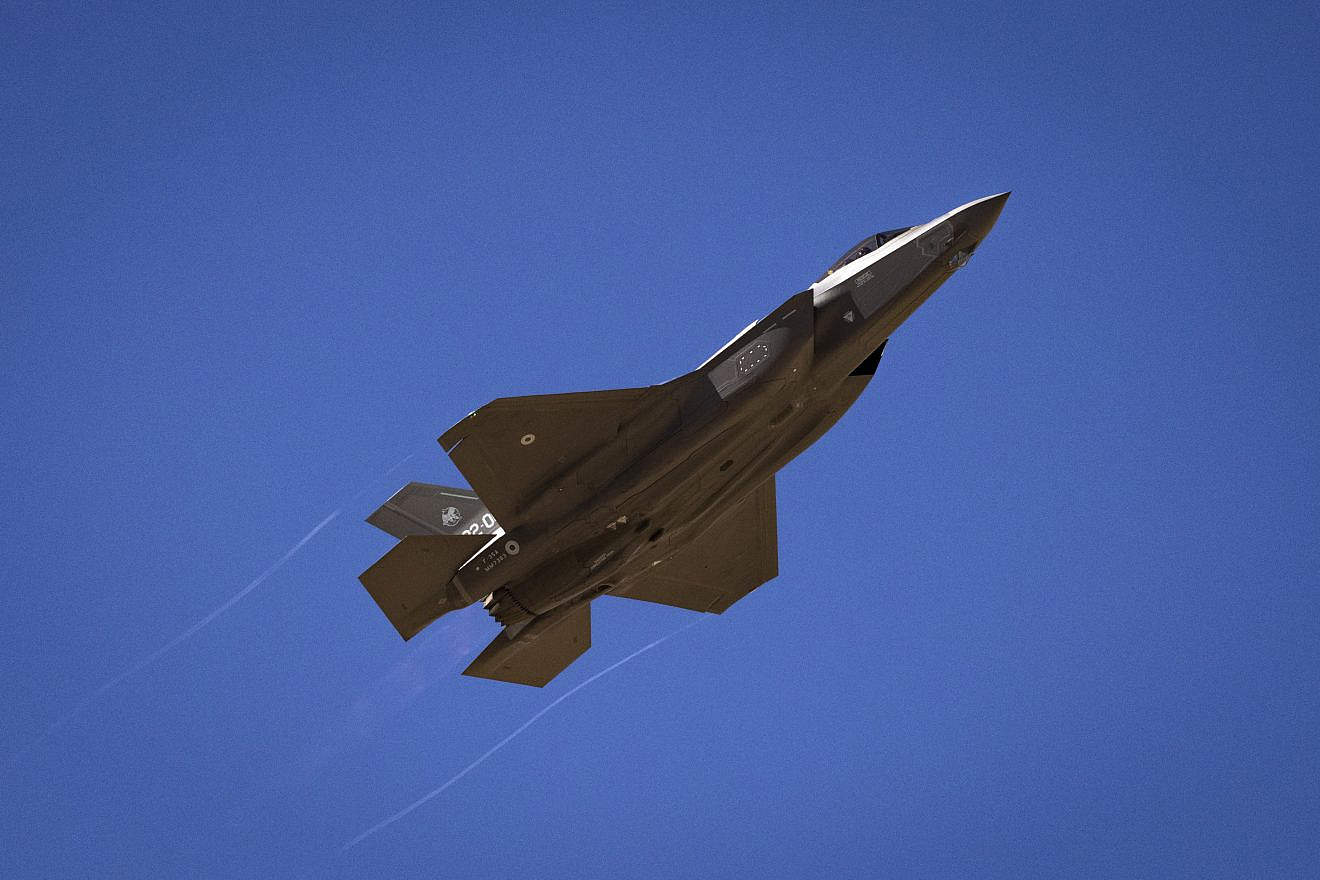Alleged Israeli airstrikes on facilities in the Syrian coastal city of Baniyas targeted three senior Iranian leaders, the U.K.-based monitoring group Syrian Observatory for Human Rights said on Friday.
Pro-Assad regime media reported that “three powerful explosions” rocked the city at dawn. The condition of the Iranian officials said to have been targeted in the strikes was not immediately clear.
Rami Abdul Rahman, head of the Syrian Observatory, told Saudi-owned Al-Hadath TV on Friday that while his group was unable to verify what caused the blasts, he believes that “all explosions that occur within areas under the control of the Syrian government are Israeli bombings.”
Abdul Rahman pointed out that the Israeli Air Force previously struck Iranian weapons depots in the area of Baniyas.
On Thursday, the organization reported that an Israeli drone attacked a truck belonging to Hezbollah near Al-Qusayr in Syria, close to the Lebanese border, killing an operative of the Iran-backed Lebanese terror group.
Israel has allegedly struck hundreds of targets in Syria in recent years as part of an effort to prevent further Iranian military entrenchment in the country. Jerusalem rarely acknowledges such attacks.
The Israel Defense Forces has attacked more than 50 targets belonging to Hezbollah and other Iran-backed terrorist groups in Syria since the Hamas terrorist attacks in southern Israel on Oct. 7, military spokesman Rear Adm. Daniel Hagari revealed on Feb. 4.
“Since the beginning of the war, Hezbollah has been trying to divert our attention from the war in Gaza. It is doing so at the behest and with the backing of Iran,” Hagari said during a press briefing.
In addition to thwarting Iranian arms shipments through Syria, Israeli forces have struck more than 3,400 Hezbollah targets “all over Southern Lebanon,” including 120 observation posts, 40 munition depots and an equal number of “military” headquarters, Hagari said.
“We will continue to act wherever Hezbollah is present; we will continue to act wherever it is required in the Middle East. What is true for Lebanon is true for Syria and is true for other more distant places,” he said, in a clear message to Hezbollah’s terrorist patrons in Tehran.


























